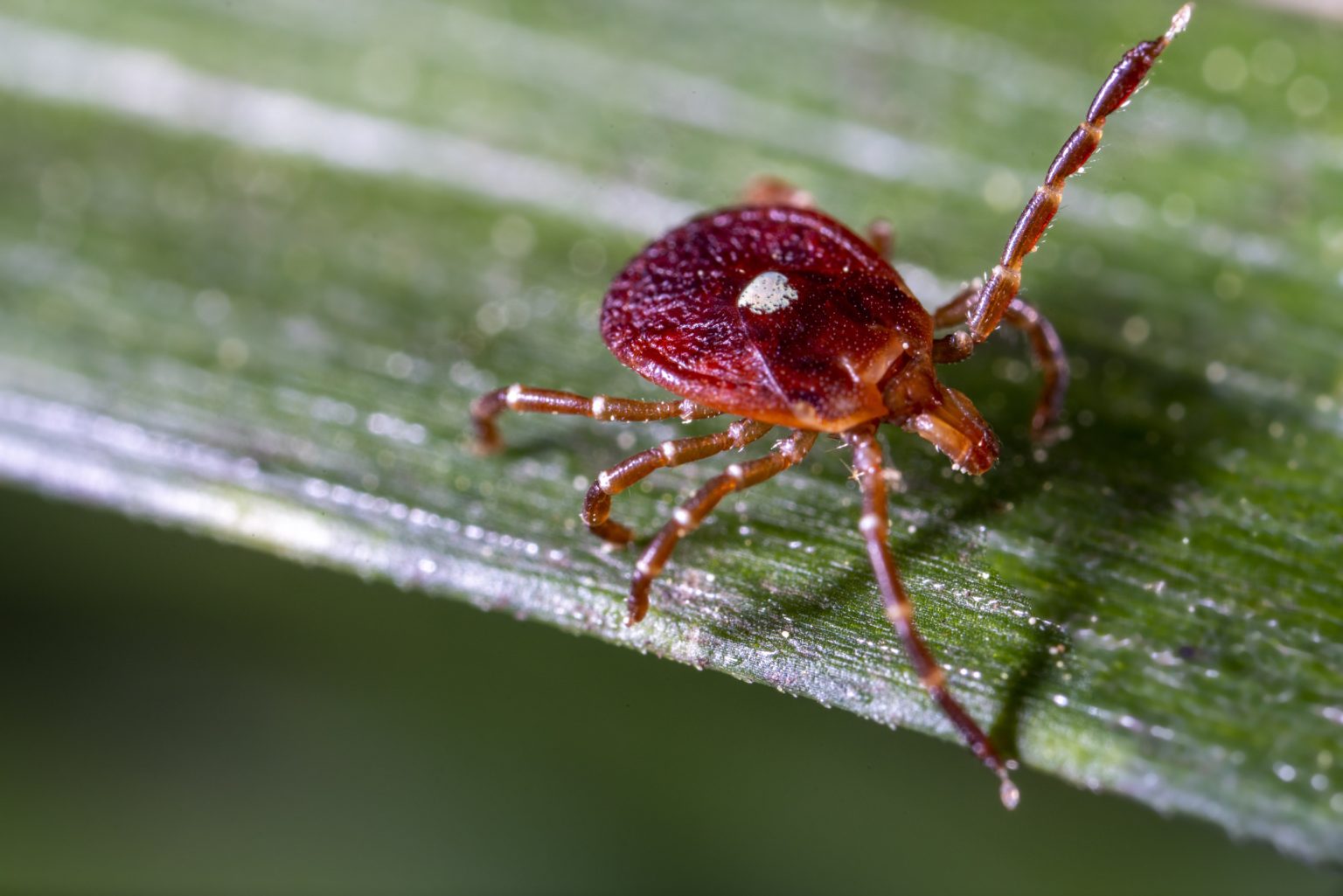States across the United States have recently issued warnings about a bug that can cause individuals to develop a meat allergy if bitten. The bug in question is the lone star tick, which has been associated with alpha-gal syndrome, a condition that can result in a serious allergic reaction to consuming food containing alpha-gal sugar found in mammal meat and products. According to a report by the U.S. Centers for Disease Control and Prevention, there have been over 100,000 suspected cases of alpha-gal syndrome in the U.S. from 2010 to 2022. The lone star tick is particularly prevalent in certain regions of the country, such as the Southeastern Plains and Piedmont ecoregions of Georgia.
Research conducted by Emory University in Georgia has identified areas with the highest probability for the presence of lone star ticks, including parts of the state such as metro Atlanta. In Michigan, the Department of Health and Human Services warned residents about the lone star tick, which is commonly found in wooded and grassy areas across the state and is known for being an aggressive biter of humans and animals. North Carolina State University also highlighted the presence of lone star ticks in the state, noting that adults and nymphs are abundant in the spring and summer months, while larvae are prevalent in the fall. The tick is often found in habitats similar to the American dog tick and readily attacks humans in its larval stage.
In Virginia, epidemiologist Josh Bernick from the Virginia Department of Health addressed the presence of lone star ticks in the coastal plains and lower Piedmont areas of the state. Bernick emphasized the importance of early detection and removal of ticks to reduce the risk of illness, suggesting that individuals check for ticks before showering. Connecticut also issued warnings about lone star ticks, with associate scientist Gale Ridge from the Connecticut Agriculture Experiment Station advising people to stay on trails and avoid bushwhacking to minimize exposure to ticks. Hikers were encouraged to check themselves for ticks after hikes to ensure they are free of any potentially harmful bugs.
In addition to the states mentioned above, other regions in the U.S. have reported cases of lone star tick bites. Florida, for example, has seen individuals experiencing allergic reactions to mammal meat after being bitten by lone star ticks. These cases serve as a reminder of the importance of being vigilant when spending time outdoors, particularly in wooded or grassy areas where ticks are commonly found. By taking precautions such as checking for ticks and avoiding areas where they are prevalent, individuals can reduce their risk of developing alpha-gal syndrome and other tick-related illnesses.


